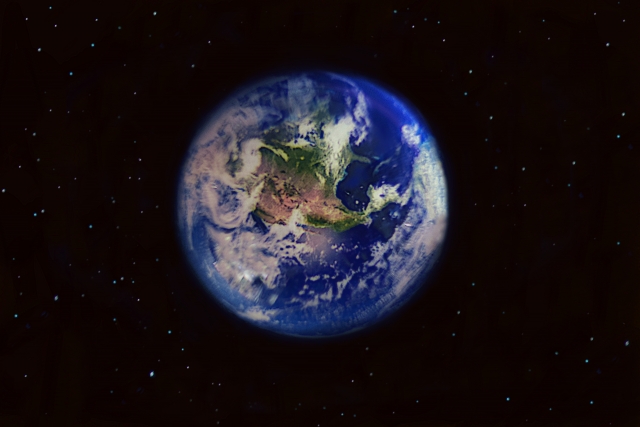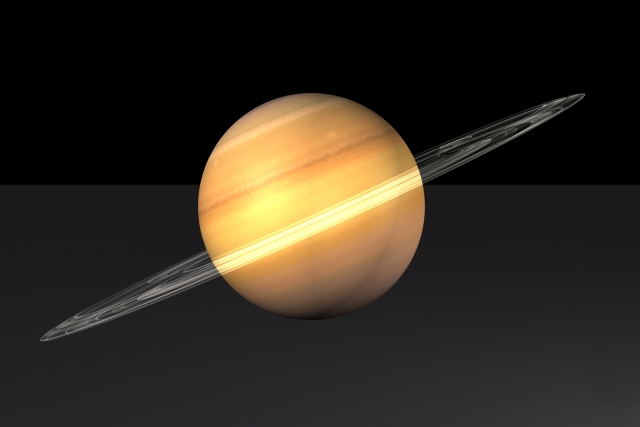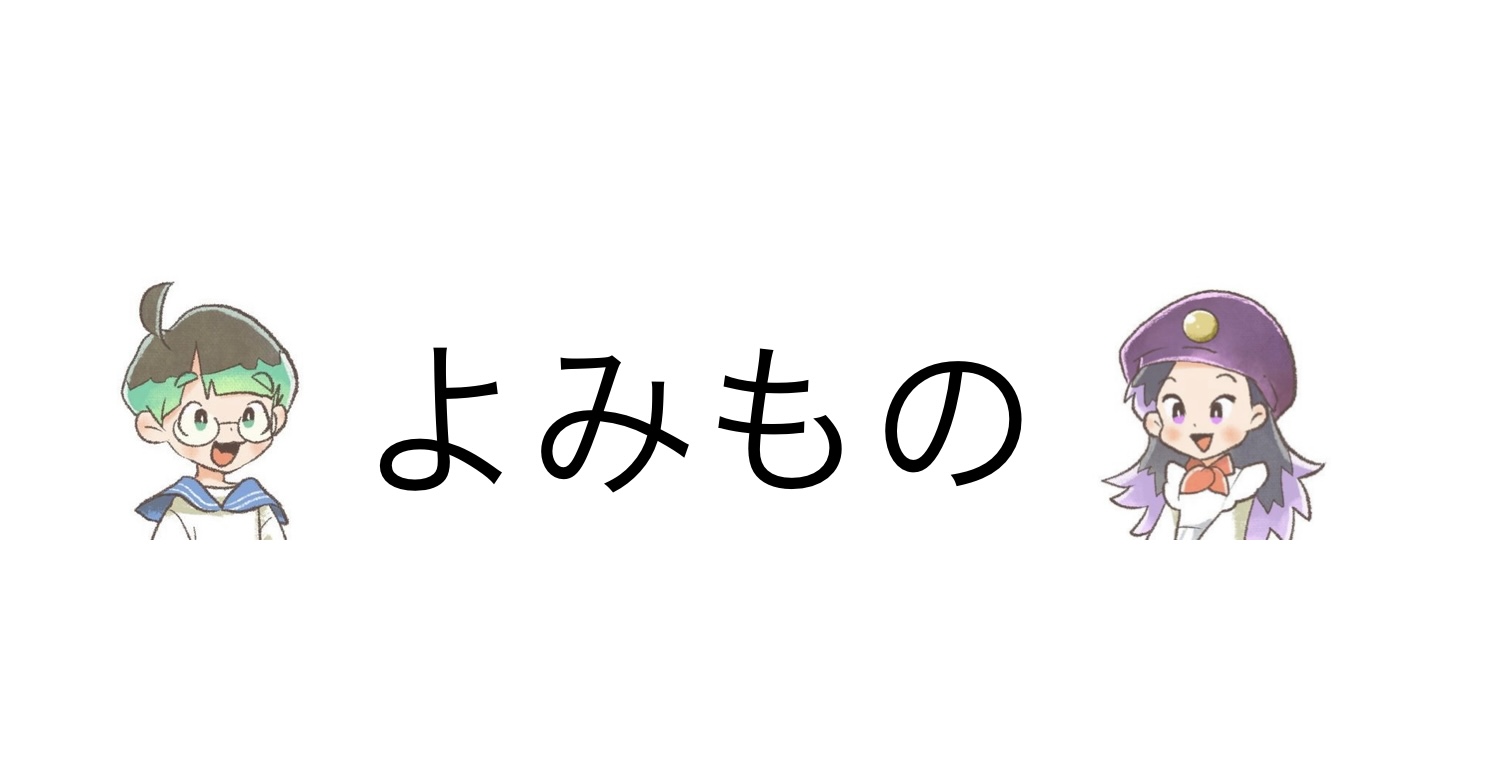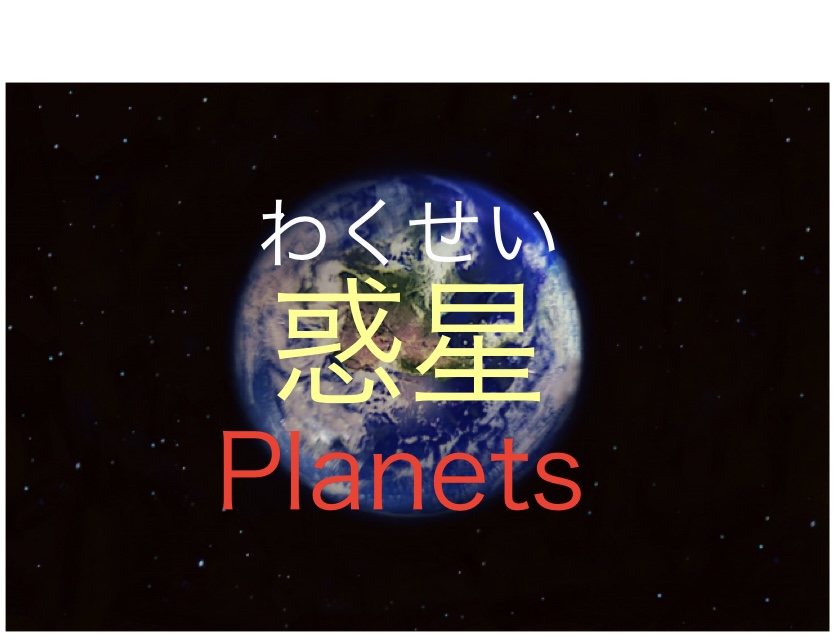
星には、惑星もありますよね。
宇宙には、たくさんの星があります。
星の中には、自分で光らない星があります。
光らない星で代表的なものは、惑星です。
私たちの住む地球も惑星の1つです。

惑星かどうかは、次の3つのことを満たしているかどうかで決まります。
1つめは、太陽の周りを回っていることです。
2つめは、星が重くて、だいたい丸い形をしていることです。
3つめは、その星のまわりに、その星より大きな星がなく、同じくらい大きな星もないことです。
少し前まで、惑星は、「すいきんちかもくどってんかいめい」と覚えていました。
水星、金星、地球、火星、木星、土星、天王星、海王星、冥王星のことです。

しかし、2006年に冥王星は、惑星でないことになりました。
冥王星の近くに大きな星があり、惑星の3つめの定義を満たすことができなかったからです。
星に関係する次の言葉も読んでください。
皆既月食(かいきげっしょく)Total Lunar Eclipse
Planets
There are many stars in the universe.
Some stars do not shine by themselves.
Typical non-luminous stars are planets.
Our planet Earth is one of them.
Whether a star is a planet or not depends on whether it satisfies the following three conditions.
First, the star must orbit the sun.
Second, the star must be heavy and roughly round in shape
Third, the star must have no other stars around it that are larger or equal to it.
Not long ago, we learned that the Japanese word for planets was “suikin chikamoku dotten kaikei.
Mercury, Venus, Earth, Mars, Jupiter, Saturn, Uranus, Neptune, and Pluto.
However, in 2006, Pluto was decided not to be a planet.
This was because Pluto had a large star nearby and could not meet the third definition of a planet.




コメント